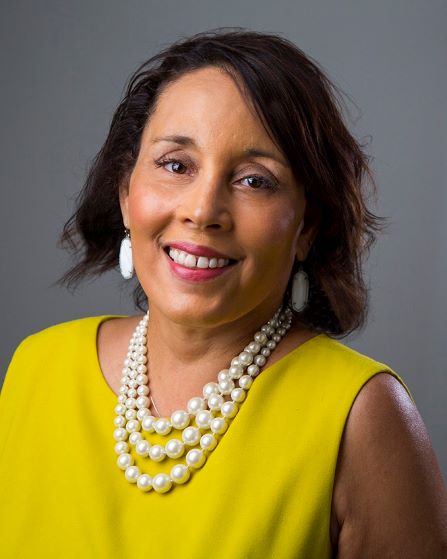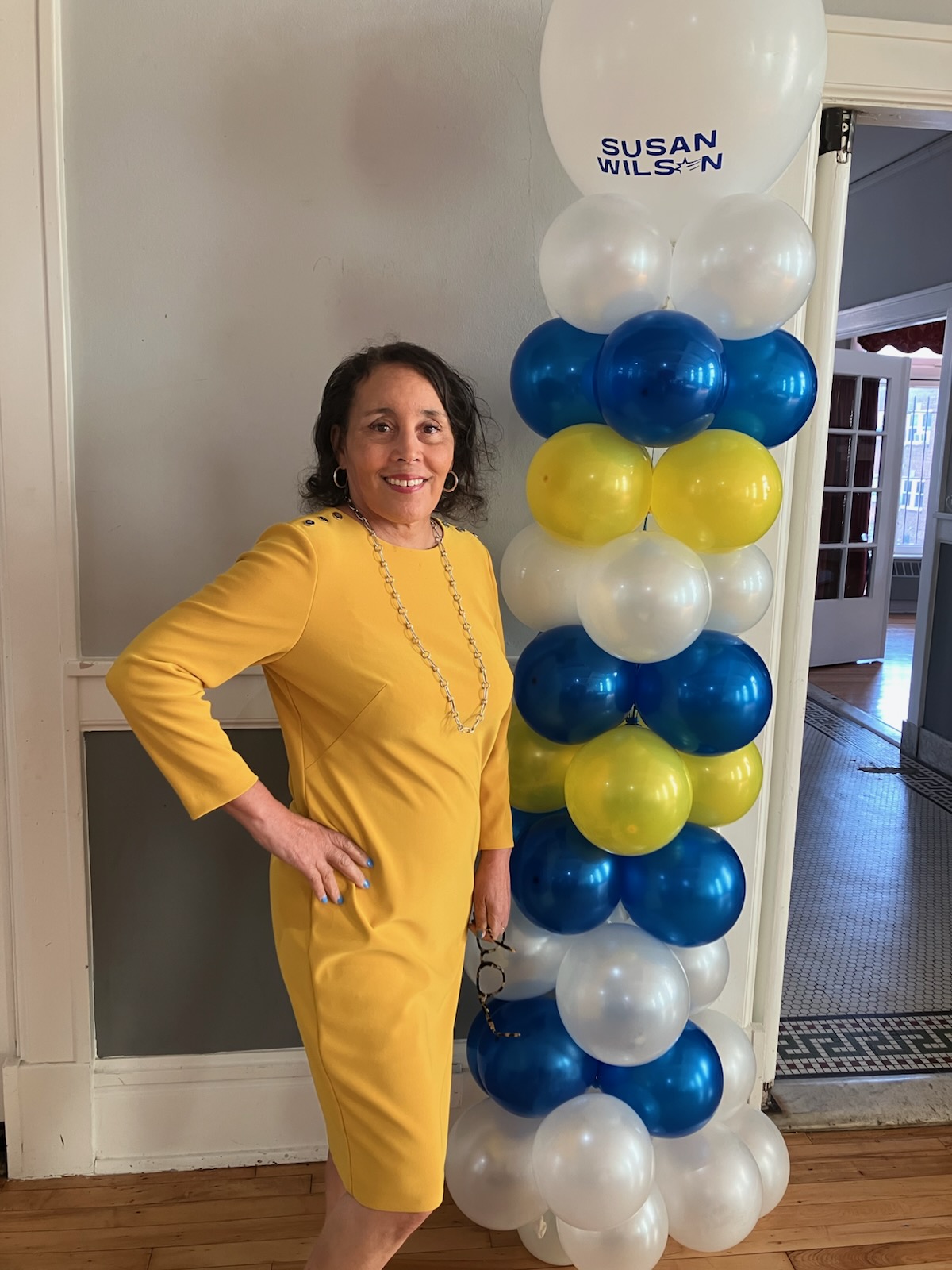

Today we’d like to introduce you to Susan B Wilson.
Hi Susan B, we’re thrilled to have a chance to learn your story today. So, before we get into specifics, maybe you can briefly walk us through how you got to where you are today?
I am originally from Pittsburgh PA and grew up in public housing. My father really emphasized getting an education, since he was only able to complete the 8th grade. I later attended the University of Pittsburgh PA and fell in love with psychology. I was warned that psychology may not be the best idea since graduate programs were hard to get in to and you needed a Ph.D to become a psychologist. I applied anyway, and had many great mentors along the way. I got married ,young and had children immediately. I started my Ph.D as my marriage failed , and as a result I had to move to the projects while raising my children. The graduate program I later moved
to Topeka Kansas to complete a post doctoral fellowship at the Menninger hospital(now at Baylor). Moving meant driving across country with a 6 year old and an 18 month old with $500 my grandmother gave me. After completing the post doctor fellowship, i was recruited to Kansas city.
I began my career practicing clinical psychology, working mainly with adults in adolescents. I later got recruited for behavioral health management jobs, running clinic networks, hospital programs and a community mental health center. In the second part of my career, i was a team psychologist for the Kansas City Chiefs and the a treating clinician for the National Football League in their Substances Abuse program. I then pivoted to higher education, where I was an Associate Dean for UMKC School of Medicine and later, a Vice Chancellor.
I co hosted a radio show called “KC Currents” on KCUR, an NPR affiliate. The program focused on news,culture and diversity as well as local issues.
How I got where I am today? I often use humor to get through tough situations. I also relied on pure grit, determination and the will to make things better for my children. My faith and great mentors made all the difference. If I encountered a roadblock, I was creative and found my way around it. I always try to help others along the way because others helped me. I always.
pursued excellence in everything I tried to do. I am grateful and blessed for a multiple faceted career.
Alright, so let’s dig a little deeper into the story – has it been an easy path overall and if not, what were the challenges you’ve had to overcome?
It has not been a smooth road, and I often look back and wonder how I made it. I was the first generation college student and was at first petrified but to go to a large all white university.While I was in graduate school I lost my father, and I was very close to him. Completing graduate school in a small apartment with two little children was very difficult. My mother and my grandmother were godsends in helping with the children.
Graduate school was challenging in a number of ways . It was a very rigorous program that required significant effort. But the most difficult part what’s the racial climate at that time. I was among the first wave of African American students who entered the clinical psychology graduate program. We were tolerated but not nurtured , and even virtually ignored. This situation made an already difficult journey even more difficult. Fortunately, there were a number of Jewish faculty who empathized with our plight and who went out their way to help us. For that I am forever grateful. The feat of raising two children at a single parent while going through graduate school was daunting. In the workforce, I was usually the only–woman and African American.
Thanks for sharing that. So, maybe next you can tell us a bit more about your work?
I have had a multifaceted career in healthcare, higher education, consulting and media. I am proud of the work that i’ve done to help clients overcome mental health conditions. It was wonderful to see the progress that they were able to make when working with me. And in behavioral health management, i am proud of some of the innovative programs that I helped to develop. Working with a municipal court judge , I led the development of the first ever mental health court in Kansas City. I am also proud of the many minority medical students that I helped to mentor who are now physicians. I’m also proud of some of the culturally responsive mental health prevention and treatment programs that I helped to develop to addreasthe needs of people of color. I am still proud of the countless radio pieces I helped to create,giving voice to issues and people that might have otherwise been ignored. I am happy about my contributions to the numerous boards and commissions that I have served on. But my proudest accomplishment of all is raising two successful children against all odds. These are just a few of the things of which I’m proud.
Where we are in life is often partly because of others. Who/what else deserves credit for how your story turned out?
My dream of becoming a psychologist almost didn’t happen. I could not get faculty to give me the research experience I needed to even apply to graduate school. Dr Barbara Sourkes ( In a class I wasn’t even supposed to be in) heard my plight and stepped into the action. She linked me up with two African American psychologists (Drs. Jerome Taylor and Jake Milliones) who gave me the required research experience. Dr. Jerome Taylor was invaluable in advising me through my p.H d dissertation experience. At Crittenton Dr. John Quick and the late Dr Gary Baker helped me get a good career start in Kansas City. I credit Menniger faculty such as Dr. Fred Shectman and the late Irving Rosen for becoming a great. clinician . There are many many others that I could name including the constant encouragement of friends Dr Stanley Denton and the friendship Jane Webb













